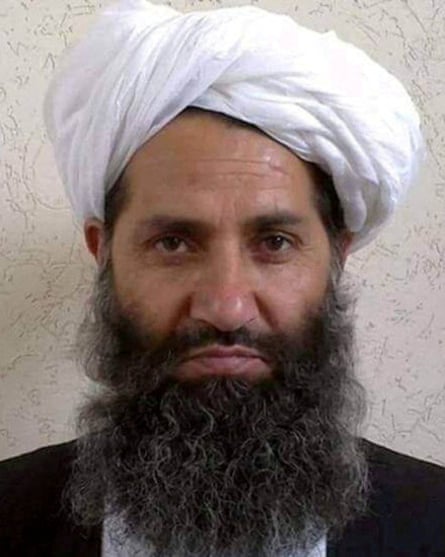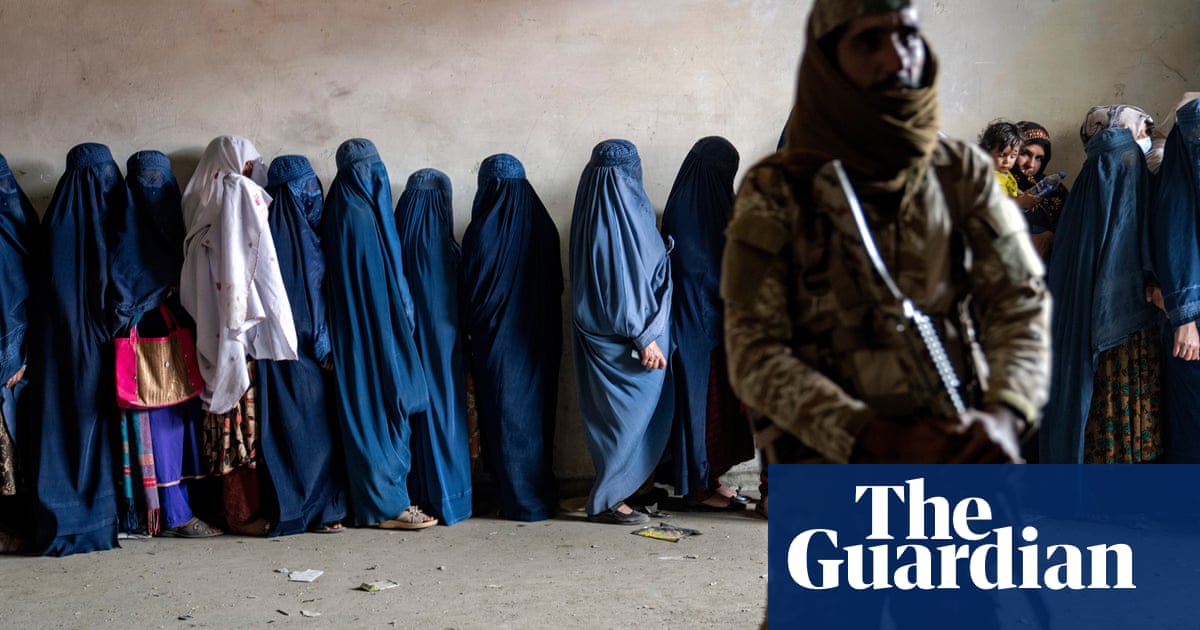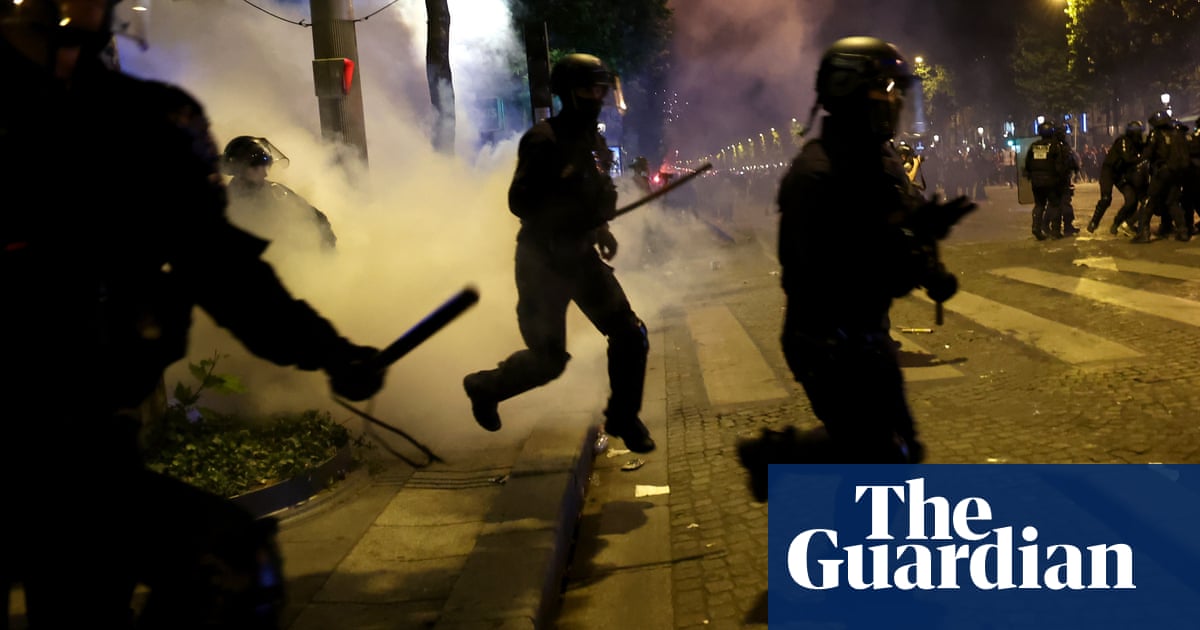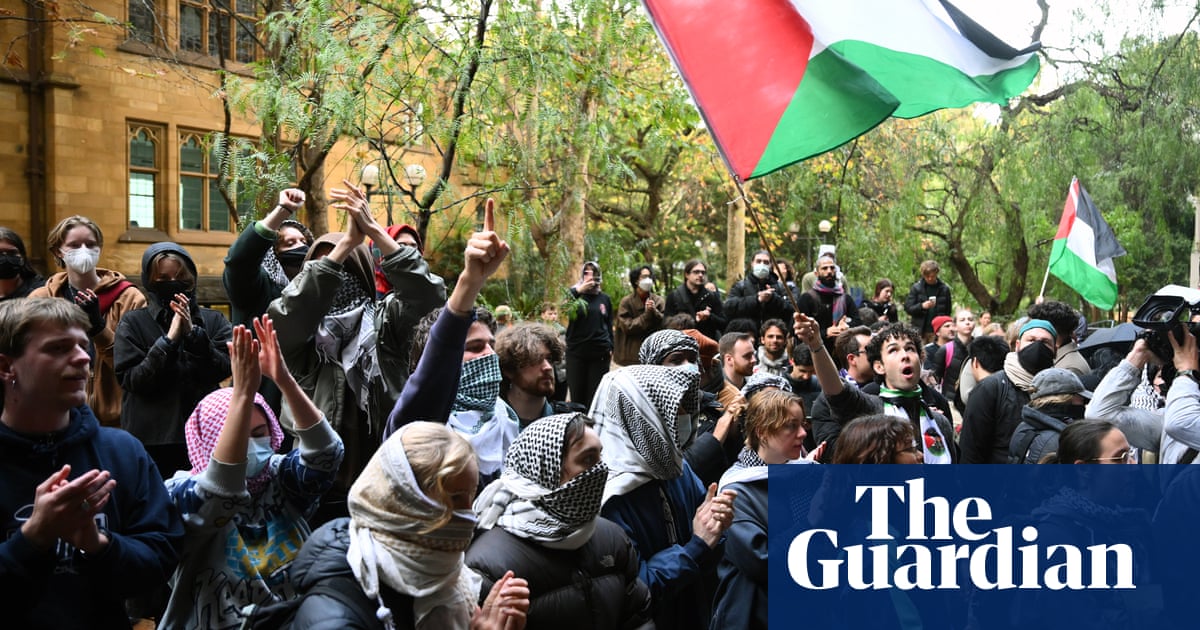The international criminal court’s chief prosecutor has requested arrest warrants for the Taliban’s supreme leader and Afghanistan’s chief justice on the grounds that their persecution of women and girls in Afghanistan is a crime against humanity.
It marks the first time the prosecutor has built a case around systemic crimes against women and girls, legal experts say. It is also a rare moment of vindication for Afghan activists, who over the last three years have often felt abandoned by the international community even as Taliban oppression deepened.
Shukria Barakzai, activist and former member of the Afghan parliament, said in a statement: “This historic announcement is a powerful message that impunity for flagrant violations of women’s rights is not to be tolerated in Afghanistan or anywhere else in the world. We are deeply grateful to all our Afghan sisters who have worked relentlessly toward this moment.”
Karim Khan, the ICC chief prosecutor, said in a statement that the Taliban’s supreme leader, Haibatullah Akhundzada, and chief justice, Abdul Hakim Haqqani, are “criminally responsible” for ongoing persecution of girls, women, the LGBTQ+ community and their allies.
“Our commitment to pursue accountability for gender-based crimes, including gender persecution, remains an absolute priority,” he said. The team will file warrants for other senior Taliban officials soon, he added.

Since sweeping back to power in 2021, the Taliban have issued more than 80 decrees that violate women’s basic rights. Women are barred from most work, secondary education and public spaces, and their daily life is restricted in various ways.
Recently the group banned windows in rooms frequently used by women, to ensure they could not be seen by men not related to them. New buildings should be constructed without windows in these rooms and existing windows should be covered up, the order stipulated.
Activists are campaigning for the crime of gender apartheid to be recognised under international law, to reflect the scale of Taliban restrictions.
Akila Radhakrishnan, strategic legal adviser on gender justice for the Atlantic Council, said that although the ICC had sought to prosecute gender crimes before, this is the first time they had been the main focus in a case.
She said: “It is a landmark, because this is the first time a case has been built around crimes of gender persecution. Usually, gender crimes are ancillary, an add-on to a case driven by other [crimes].
“The request for an arrest warrant … demonstrates the systematic way in which these violations have been working in tandem to oppress girls and women under the Taliban’s gender apartheid.”
There may not be any immediate consequences. Neither man is likely to travel anywhere they could face arrest – Akhundzada rarely even leaves his base in Kandahar – and the group has only responded with defiance to other international pressure over their treatment of women.
Nevertheless, Radhakrishnan said, even without any expectation of a day in court, the warrant sent an important message.
She said: “It helps to stigmatise what is happening in Afghanistan. We can now say that people engaging with the Taliban are on notice that what their officials are doing is criminal. There are warrant requests out for the most serious crimes that exist.”
Afghan women who have endured violence and exile for demanding basic rights said the case marked a critical vindication of their struggle.
Zahra Haqparast was jailed by the Taliban in 2022 for protesting against restrictions on women’s lives, and now lives in exile. She said: “This is the best news I’ve heard since the Taliban came to power.
“I was cooking lunch when I heard the news, and I was so happy that I ran to check immediately if it was true. By the time I got back, an hour had passed and my food was burnt.”
Despite initial outrage at Taliban restrictions when the group seized power in 2021, Afghan women say an international community that once claimed to be fighting in their name has not done enough to fight back.
Heather Barr, deputy women’s rights director at Human Rights Watch, said: “They have felt ignored by the world while the Taliban has systematically stripped their rights away day after day. This step by the ICC is a good start. Afghan women and girls are owed full justice for the Taliban’s crimes and an end, now, to Taliban abuses.”
Afghan activists also called on the court to seek justice for other crimes by several perpetrators over more than four decades of war in Afghanistan.
“It is historic but it is insufficient,” said Shaharzad Akbar, executive director of Rawadari, an Afghan human rights organisation. “It leaves out many victims of war crimes and other perpetuators.”










